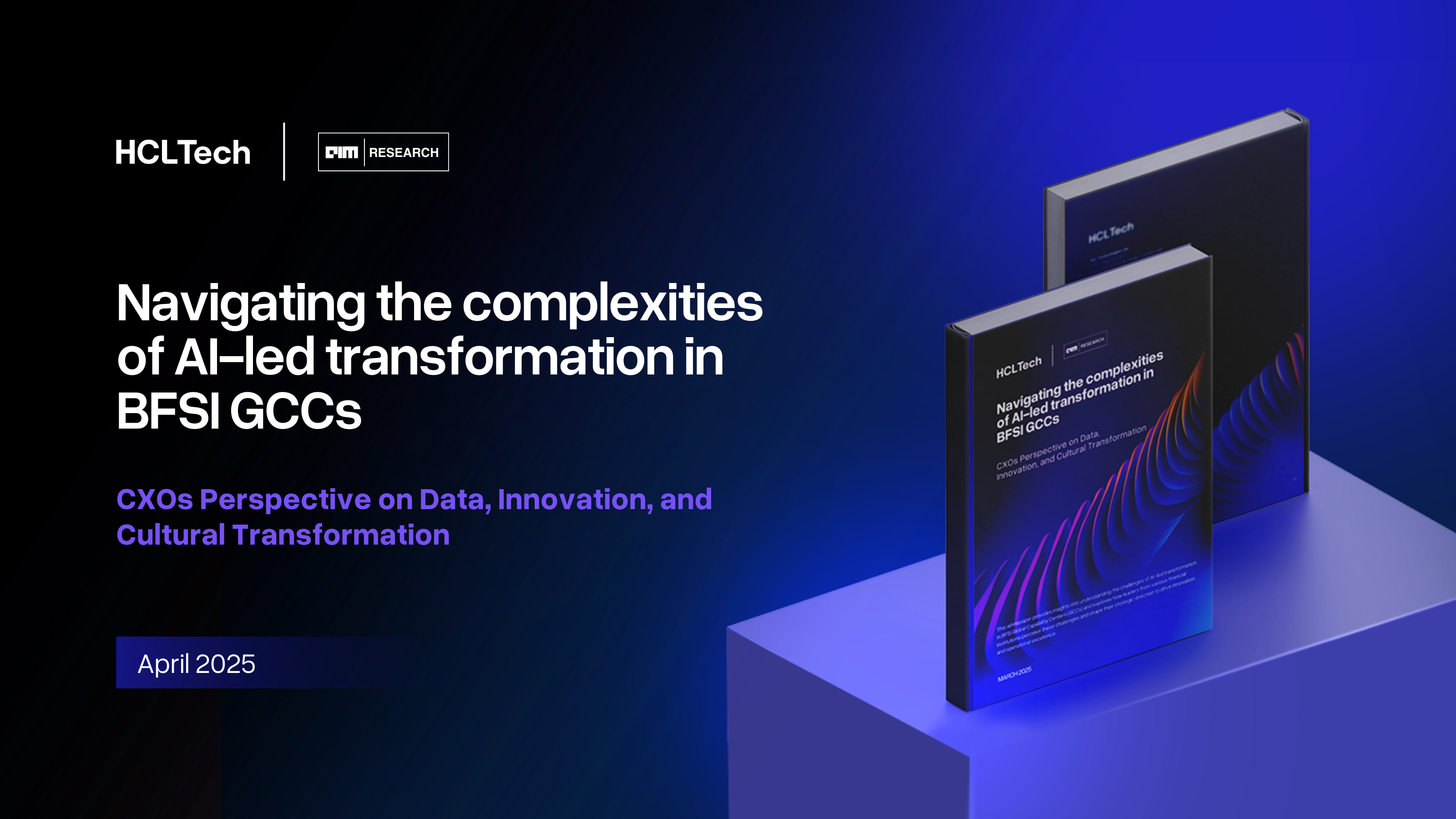
Leaders Opinion: A Year of Stability AI’s Trials and Errors
- By AIM Research
- Published on
It remains to be seen how companies like Stability AI will navigate these challenges and establish themselves as long-term players in this dynamic space.


San Francisco-based AI firm, Stability AI, celebrated its one-year anniversary in the generative AI space. CEO Emad Mostaque expressed pride in their open-source AI models, with aspirations of a Nobel Prize for their contributions. Stability AI’s models are highly popular, claiming an 81.32% market share, surpassing competitors like Midjourney and Adobe.
To conclude our exploration of this topic, we sought the perspective of Manish Sethia, Vice President – Applied AI at Chubb. Manish Sethia said, ‘Stability AI has just completed its first year, but it has already made a splash in the GenAI Image space with its Stable Diffusion product and more recently, with the release of its interactive counterpart, DreamStudio.
The growing popularity of AI art generation tools but also the legal and ethical issues they raise, such as concerns over privacy, misinformation, and lack of context. Lensa, a problematic application rooted in diffusion models, drew attention for generating avatars that emphasized certain body features or altered facial characteristics.
Manish pointed out that things are not as rosy as they seem for the company. Allegations of unpaid invoices and questions about the CEO’s degree credentials do not bode well for the company’s image. Increasing concerns about privacy breaches, copyright infringement, racial and gender bias, and other issues are raising ethical and legal concerns about AI-generated images overall, further complicating the landscape. Companies like Google DeepMind are paving the way to deal ethically with some of these issues and could be the path for Stability AI to follow to establish itself as a long-term major player in the space.
As Stability AI marks its first year in the generative AI arena, it’s clear that the company has made significant strides with its Stable Diffusion and DreamStudio products, securing a dominant market share in AI-created images. However, the journey has not been without its challenges, including allegations of unpaid invoices and concerns about ethical and legal issues surrounding AI-generated content.”
“The generative AI landscape is evolving rapidly, with questions of privacy, copyright, and bias coming to the forefront. It remains to be seen how companies like Stability AI will navigate these challenges and establish themselves as long-term players in this dynamic space.”
📣 Want to advertise in AIM Research? Book here >

Cypher 2024
21-22 Nov 2024, Santa Clara Convention Center, CA
A Vendor Briefing is a research tool for our industry analysts, and an opportunity for a vendor to present its products, services and business strategies to analysts who cover the vendor specifically or a related technology or market.
AIM Research encourages technology vendors and agencies to brief our team for PeMa Quadrants, when introducing a new product, changing a business model, or forming a partnership, merger, or acquisition.


